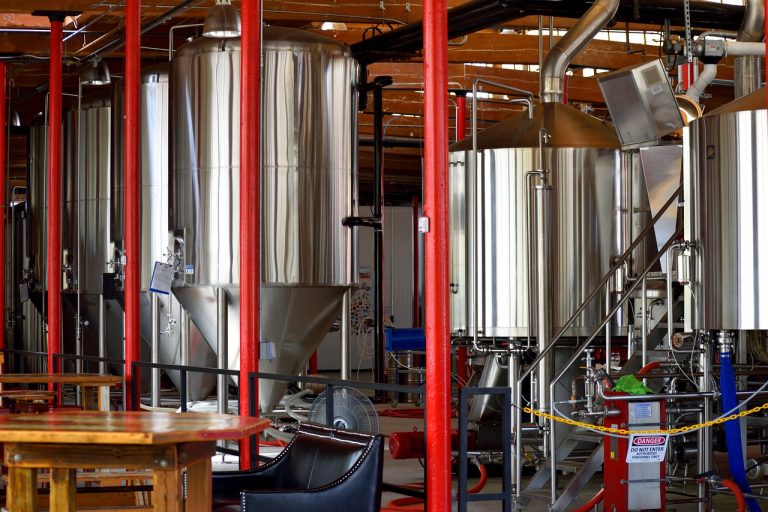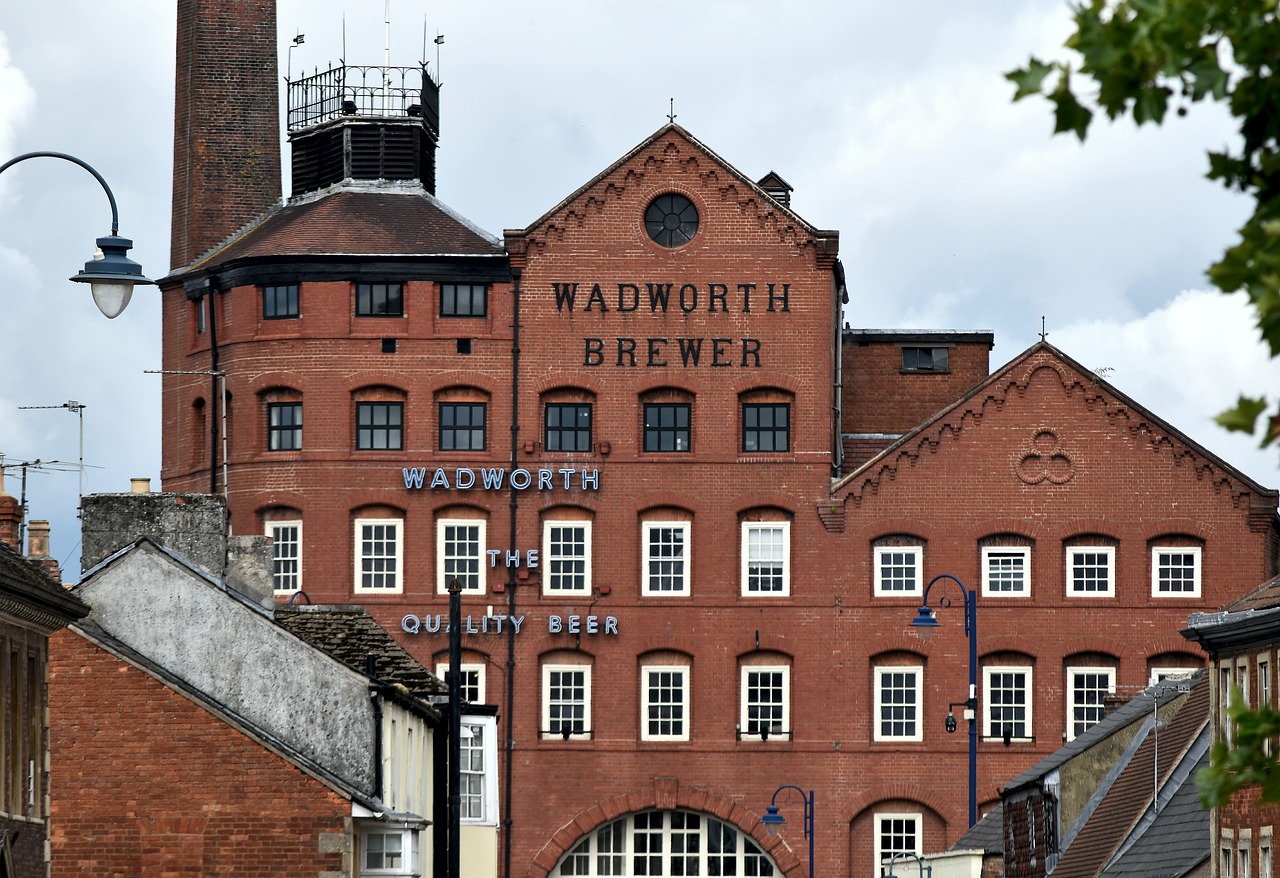
Back in the mid 1990’s I was running a country pub not far from London. We had six different hand-pulled ales on the bar and the pub was a member of, and recognised by, CAMRA (Campaign For Real Ale). The pub was a “freehouse” meaning that we were free to buy beer from any supplier, big or small, and negotiate our own terms. Because we had such a large volume of beer sales we tried to keep the range varied and interesting, meaning that we bought from small local breweries as well as the big nationals.
It was about this time that small micro-breweries were starting to become popular in the UK. One of the small suppliers we used to buy from was called Chiltern Brewery. Their Beechwood Ale was, and I am sure still is, fantastic. They are now the oldest independent brewery in the Chilterns and Buckinghamshire.
But there were others springing-up at the same time and often situated right next door to their own pub making it extremely easy for them to distribute their product. Some even had a glass wall separating the public bar from the brewery so that the customer could see the brewing equipment and process. The majority of these are producing real ale which is a live product and could not be more different than a keg of lager.
Moving forward into the 21st century the trend for micro breweries has gone from strength to strength. In 2002 the Chancellor of the Exchequer in Britain, Gordon Brown, reduced the amount of tax that small breweries had to pay by 50% in comparison to their larger counterparts. In 2017 the number of breweries in Britain was over 2000, for the first time since the 1930’s.

But what has happened is that these small producers have diversified to take into account current trends and tastes. For example, the Bellfield Brewery in Scotland produces a gluten-free beer suitable for coeliacs. which has proved so popular that they are now exporting across Europe. In London Toast Ale uses leftover bread from bakeries to make its beer with a mission to cut down generally on food wastage.
Unfortunately with the popularity of the micro brewery at such a height some of the global players are taking notice and they are not happy. Drinker’s tastes have changed, they are demanding quality and variation and are keen to support the small business but some of the big brands have seen a fall in their own sales figures.
There is currently a move from some of the national brewers to buy up small micro-brewers or launch their own craft beer under a different name. There is a trade body, The Society of Independant Brewers (SIBA), which looks after the interests of many of the country’s small breweries.
Unfortunately during the pandemic of the last 18 months the pub and brewing industry has suffered major loss. One of the issues with cask beer is its short shelf life. It is not in a sealed, pressurised keg which has a much longer life. During the closure of pubs in the UK it is estimated that 87 million pints of beer were literally poured down the drain! A recent government report has highlighted the need to support the brewing industry post-pandemic, possibly with tax cuts and job creation schemes. We can only hope that these small independent breweries, who are so vital to the pub industry, will survive.